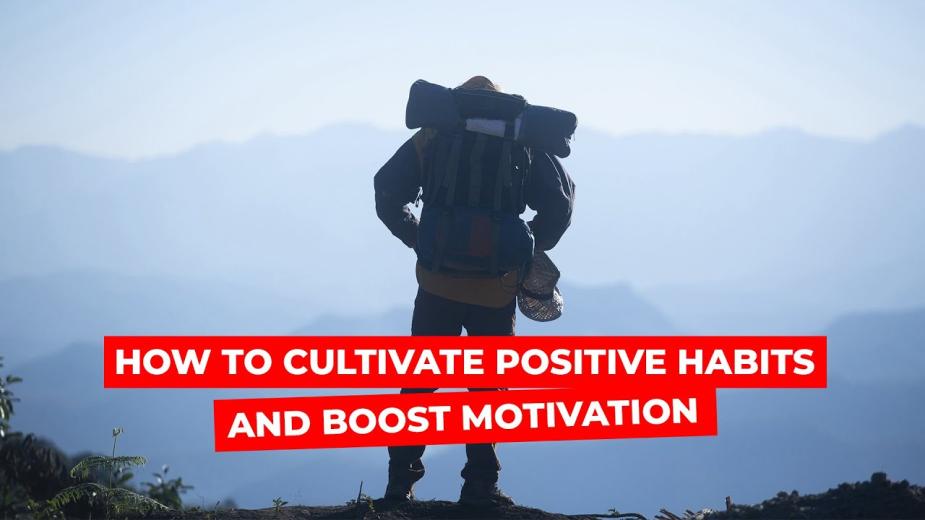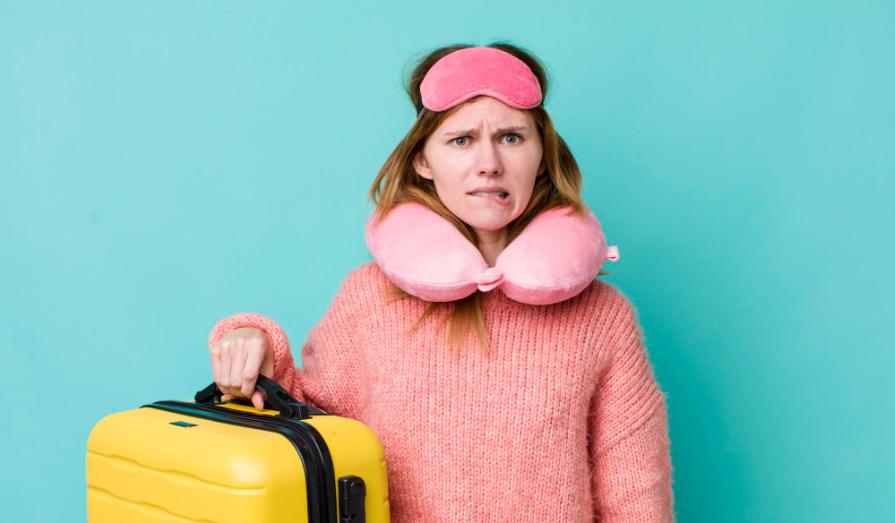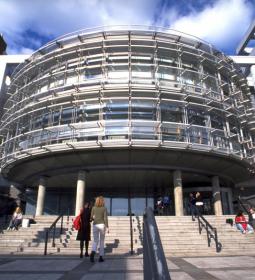The last days herald the end of the coronavirus frenzy. Yes, Putin closed Turkey for flights, leaving half a million of his fellow citizens who bought tickets with nothing. But news reports from Ottoman lands, despite showing a steady increase in the incidence, indicate that there is nothing or almost nothing threatening tourists.
Countries are lifting restrictions and moving towards a gradual opening of borders.
Longing for a decent rest, people at a low start are ready to dash abroad at any moment. With this in mind, you should prepare yourself not to do something stupid out of habit (a year and a half in captivity with a mask and rubber gloves!) Here are seven common mistakes that can ruin your vacation.

Obtain photocopies of all documents

Even seasoned travelers, it happens, do not pay attention to this. And if in Zimbabwe (may this fate pass you!) You lose your passport and a copy will not happen at hand?
Not. You will not stay for the rest of your days among the half-starved, speedy blacks. But you will easily miss your plane, and at the same time spend a week or two in negotiations with the consulate or embassy - and this is still a good option. At worst, you will also have to communicate with the local police, which even in a nightmare you will not wish the enemy.
A copy, especially one certified and apostilled / certified by the consulate, will serve as a replacement for the document or contribute to its restoration. You need to copy not only a passport - all the documents with which you go on a journey are necessary and important.
Buy insurance

On the question of what pieces of paper to get in excess of the foreigner and from what to make a copy. Peaceful and safe places around the world, not to mention high-altitude resorts, tropical islands or wilderness in East Africa and India, have a non-zero risk of falling and breaking a leg - or getting sick.
Medical services abroad will cost a tidy sum, you will have to pay in cash for treatment.
With tourists, trouble does not happen often, and high-tech medical care is rarely needed. Policies are inexpensive and we advise you to take advantage of them.
Take a minimum of things

Few people are attracted to the idea of paying a hundred bucks for excess luggage due to the fact that you decide to take a hairdryer or another pair of shoes on the trip. It is better to leave these things at home and buy new ones on the spot.
On the road, you should take the most necessary and what cannot be acquired at the scene. A suitcase is a cool thing, it's big, beautiful and with wheels, but it also has its limits.
Get a local SIM card

In the last decade, the World Wide Web has become a part of life - it replaces arms, legs, and even jobs. In addition, it is a way to search for information, exchange messages, including photos and videos.
You can postpone the analysis of flights and impressions upon returning home, or - as an option - spend a couple of thousand dollars, sending them to hosting using your own SIM card. Hotels, cafes, bars and restaurants, and other establishments have the option of free wireless internet, but, as a rule, it is unhurried and unstable. A local SIM card with a favorable tariff will cost modestly, and billing will be divine.
Explore local customs and traditions

Equally, the rule applies to both traditions, customs, everyday habits, and religious rites and beliefs. It makes sense that we won't do a lot of things in the mosque, right? On Sundays in the country of fjords, shops are closed, including round-the-clock, and in Italy and Spain, the same problem with shops on any day of the week after 17-18 hours.
The list of taboo practices is easy to find on the websites of travel agencies, on the blogs of well-known travelers, and sometimes in the relevant articles of the Wikipedia project (at the same time, check out the list of places of interest).
Stock up

It's not about things - you just need a minimum of them. Drive to the airport an hour or two before check-in - you never know what the traffic situation will be? The same should be done with money. Are you sure the trip will cost you $ 1,000? Take one and a half, and preferably two.
Don't rely on travel companies

We do not urge you to refuse the services of tour operators - in most cases they allow you to save hours and minutes of time and a certain amount of banknotes.
But you should not rely on them in everything - try to plan some actions on your own, gradually increasing the degree of your own participation in the project. Perhaps, over time, you will be able to refuse the help of professionals and start saving on guides, tickets, finding inexpensive tickets and accommodation.










